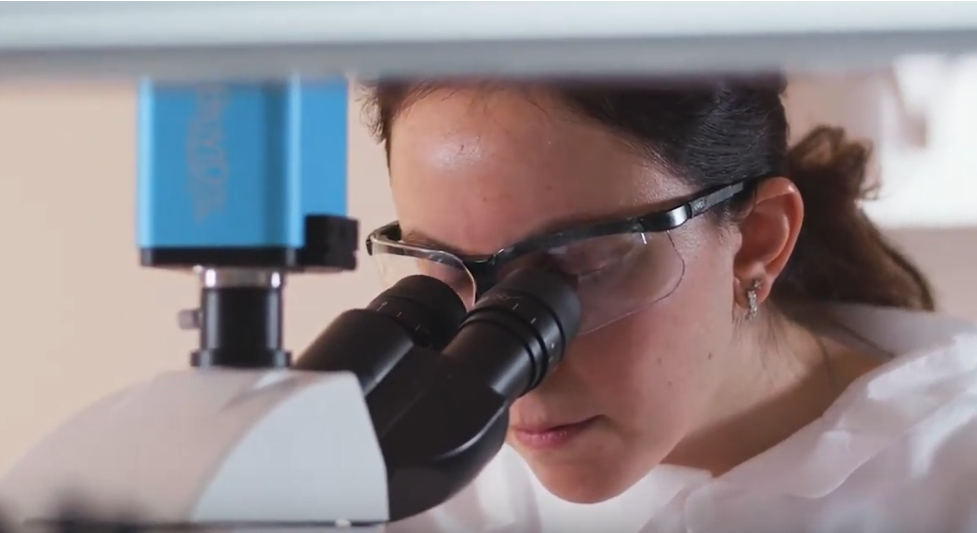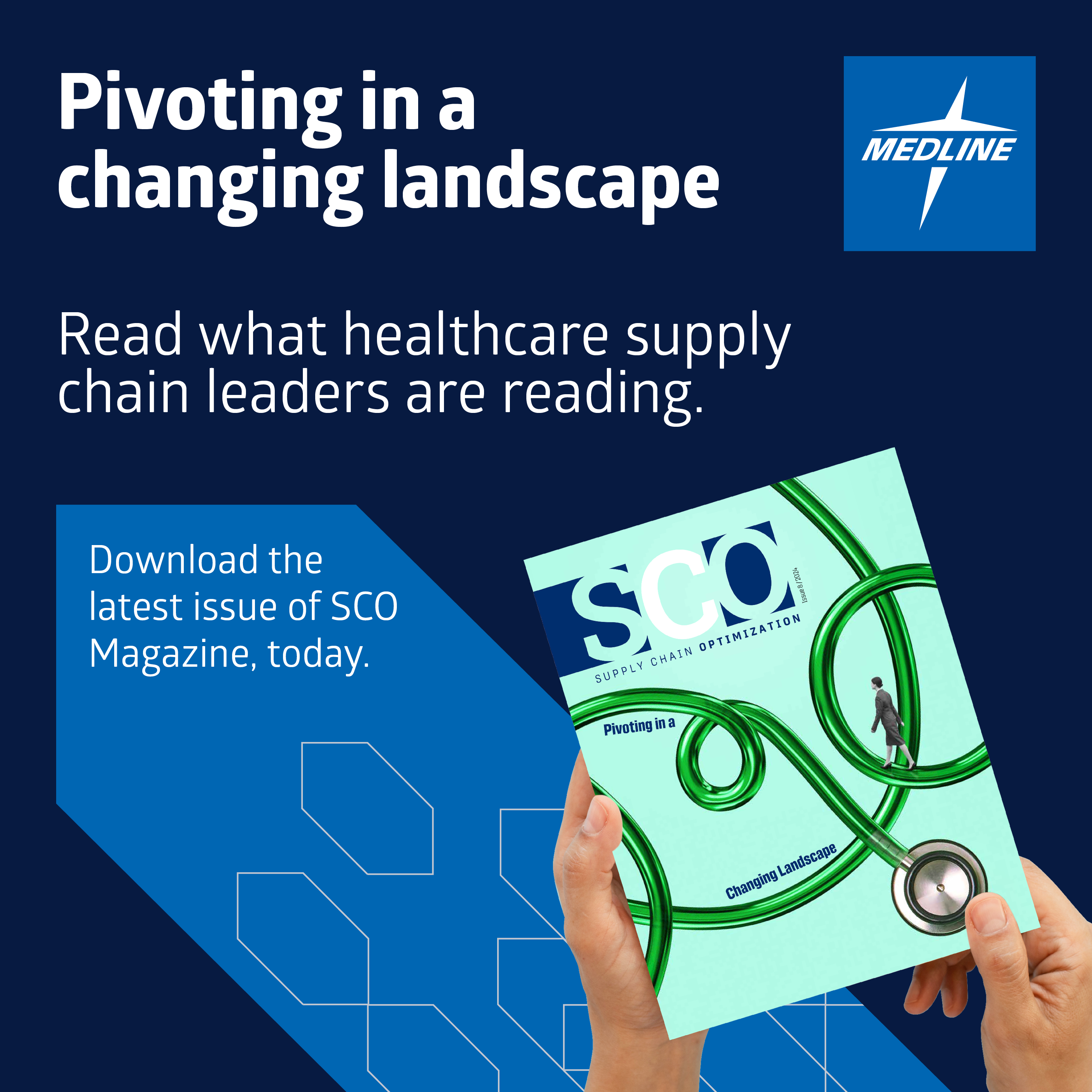What Health Systems are Saying About the Future of Labs

Leaders unite to discuss challenges and opportunities unique to laboratory services
By Medline Newsroom Staff | February 17, 2020
Medline hosted its first roundtable discussion for lab services in late October at the company’s headquarters in Northfield, Illinois. Nearly a dozen leaders and key stakeholders in laboratory services attended, including lab directors and supply chain managers from health systems across the country. While the meeting was focused on understanding the challenges laboratories face and the different ways system leaders respond to them, the deep dialogue uncovered key trends leaders will be closely monitoring in 2020.
Common issues raised include workforce shortages, disruptive technologies, regulatory changes, and the merger and acquisition activities that have led to greater consolidation of laboratory services. Attendees also exchanged ideas on how to improve operations, identify best practices in order to provide the best care, and work more collaboratively.
Disruptive Technology
New technologies for laboratory testing are rapidly changing how laboratory work is done. Attendees agreed that embracing rather than resisting the new technologies can benefit both laboratory staff and system overall. For laboratory teams, technologies for automated testing can help them handle growing demands for service in the midst of a dwindling workforce. The chance to work new technologies can also incentivize new hires, many of whom want to feel as if they’re working on the cutting edge of the field.
Communicating Relevancy
Another key point of discussion was communication between laboratories and other parts of a health system. According to many attendees, lab directors and supervisors need to do a better job of communicating their value and relevancy to system leaders. While laboratory services are required for hospitals to get their license to operate, many attendees say the department is not always considered part of the larger strategic outlook of the organization – and that needs to change. Some attendees expressed this may also be the change needed to address workforce shortages.
Managing Regulatory Changes
The changing political and regulatory landscape laboratories face was another key discussion item. One regulation attendees took time to review is the Protecting Access to Medicare Act, also known as PAMA. According to some attendees, PAMA is currently written in a way that has lowered reimbursement, but lobbying efforts are underway to bring about changes. Similar efforts are also underway to educate young congressional staffers on the fragility of the health care supply chain and the impact that tariffs have especially on foundational categories like gauze or gloves.
Attendees also exchanged ideas on how to improve operations, identify best practices in order to provide the best care, and work more collaboratively.
“Disruption and change are here and partners like Medline have the capacity help laboratory service providers anticipate and adapt to these things quickly,” Mark Krhovsky, vice president of laboratory sales, Medline. “But first we need to understand what our customers’ needs are and identify creative ways to collaborate with them and for them to collaborate with each other. Facilitating this dialogue provided a critical glimpse into what needs to happen to improve care while responding to evolving operational realities.”
Learn how Medline is helping laboratories achieve success and growth amid evolving changes.
Medline Newsroom Staff
Medline Newsroom Staff
Medline's newsroom staff researches and reports on the latest news and trends in healthcare.

